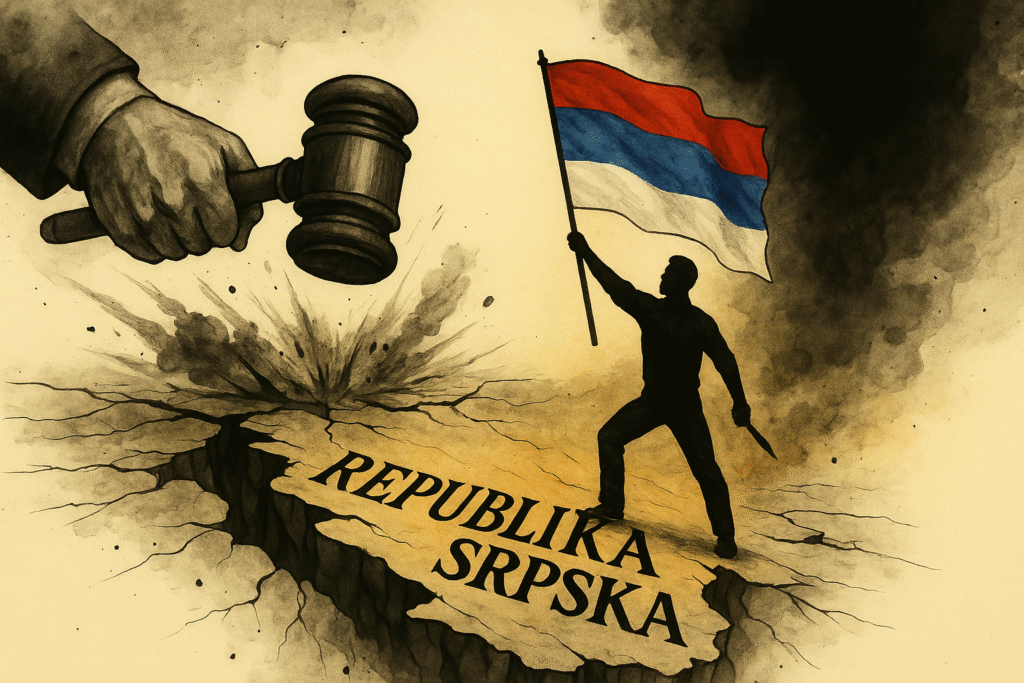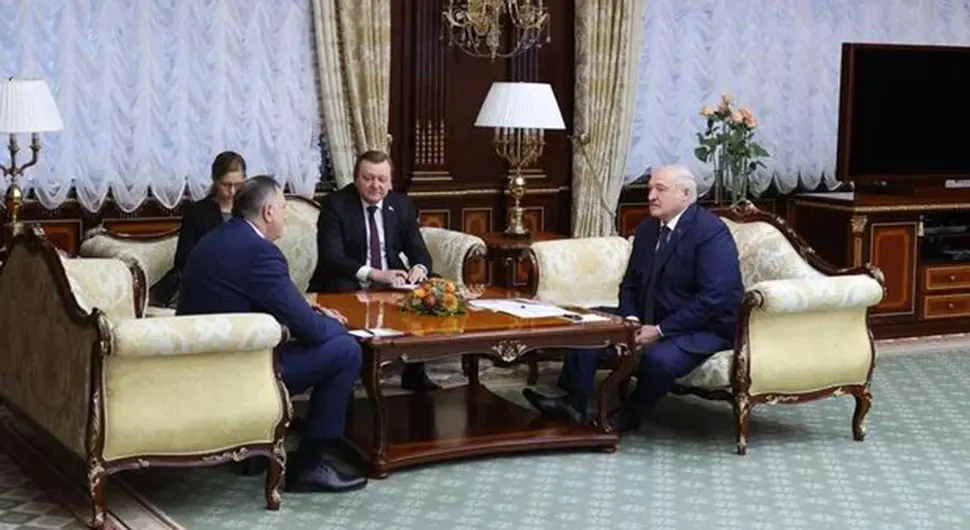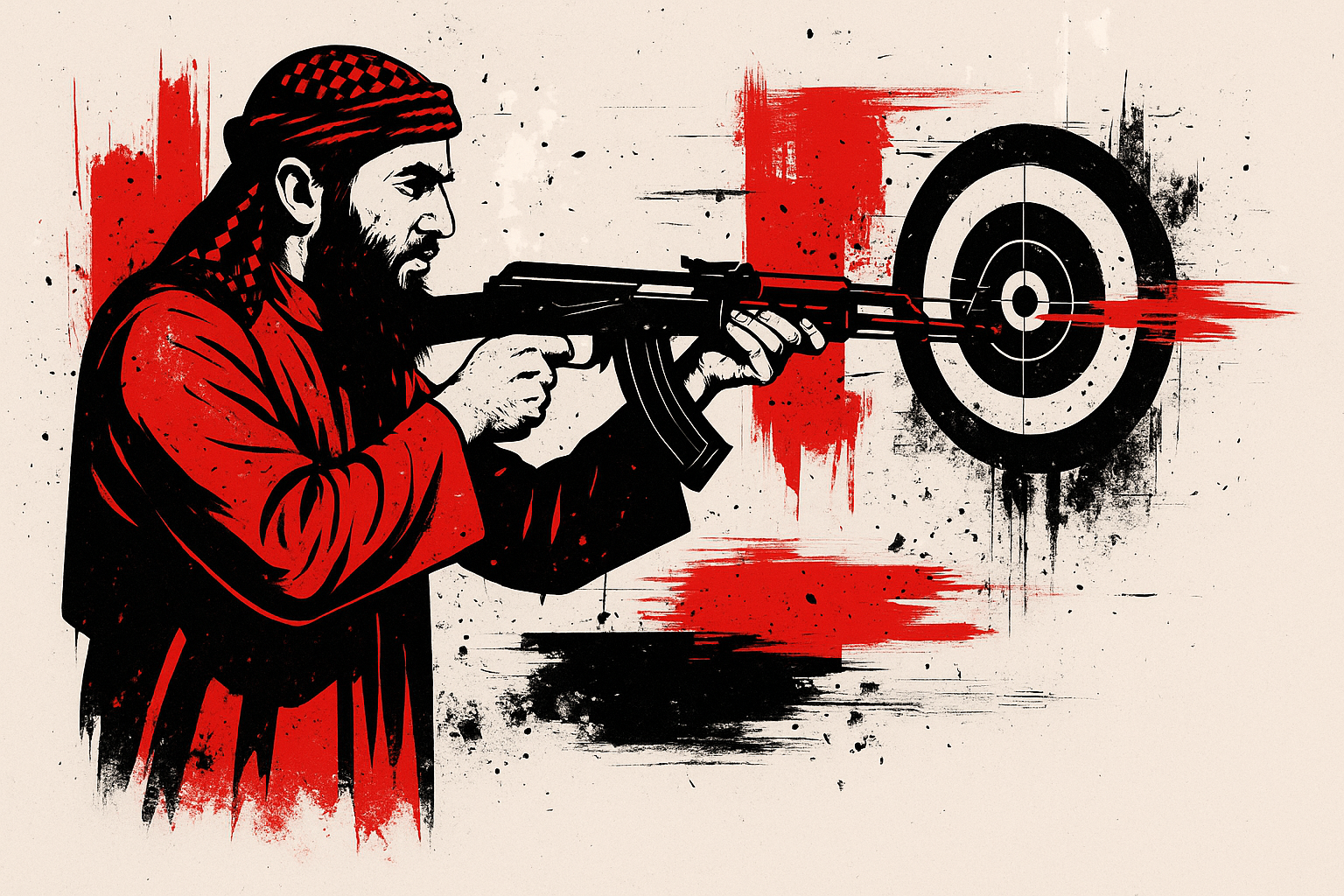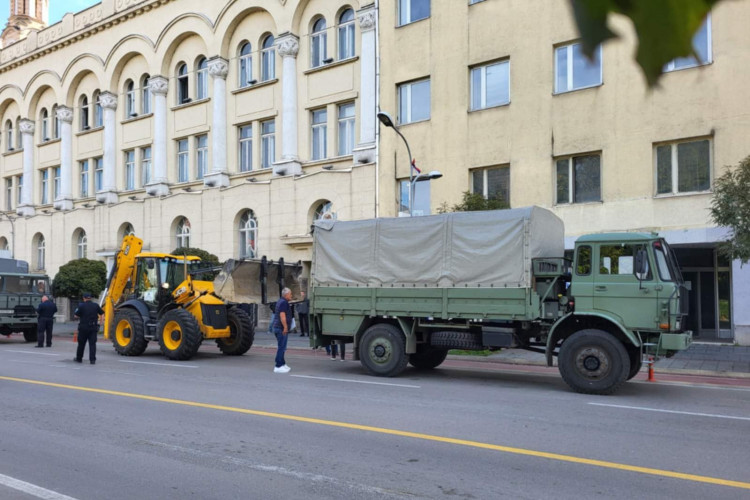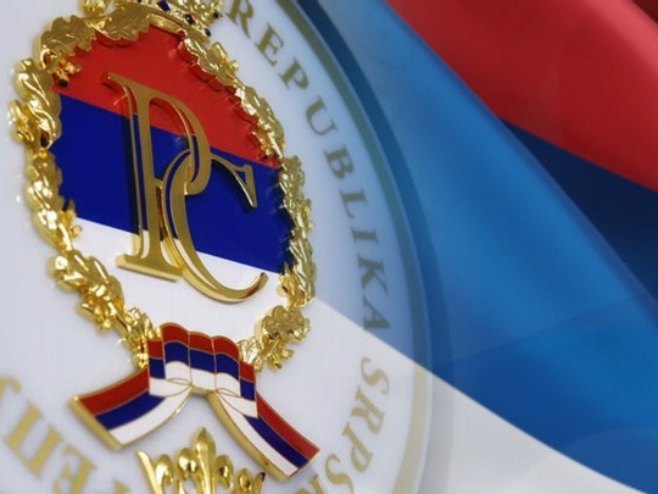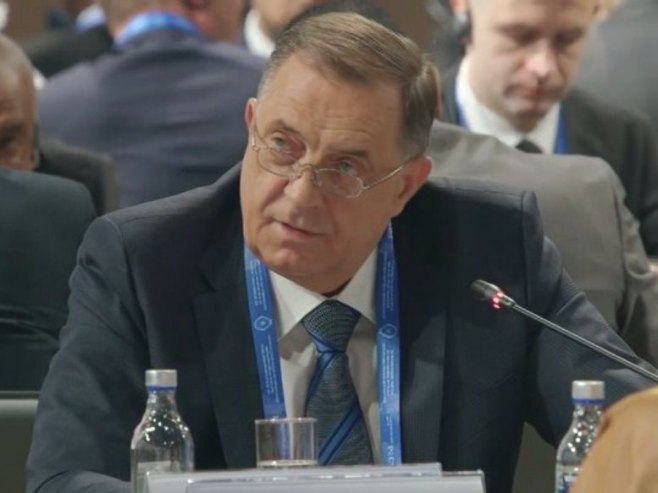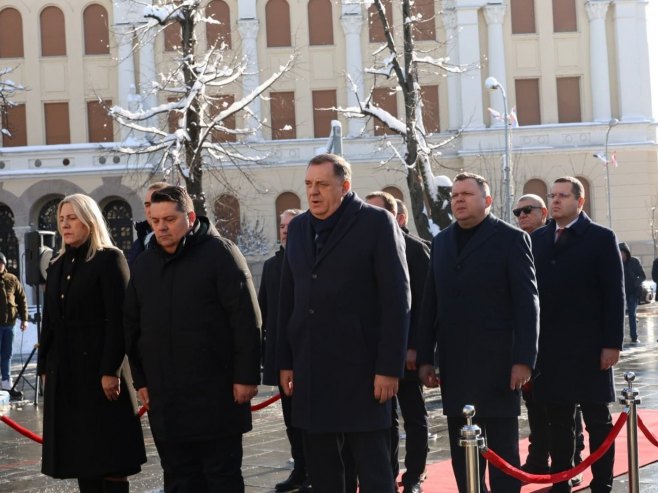The imposed laws of Christian Schmidt, the scheduled referendum, and the announcements of early elections have opened many questions about the future of Republika Srpska.
Messages from Srbac, Gradiška, and Laktaši are united – the referendum could provide a final answer, because the key remains with the people and their decision about the future of Republika Srpska.
For the majority of the public, everything that is happening is seen as a farce with a clear goal of destabilizing Srpska.
The mayor of Laktaši, Miroslav Bojić, stressed that the institutions of Republika Srpska must not be undermined.
“This whole judicial process is a farce. We cannot allow the institutions of Republika Srpska to be weakened, nor can we accept that orders simply come from Sarajevo. Here, it is the people who choose their representatives,” Bojić said.
According to many, the referendum scheduled for October 25 is the best way to know the will of the people, as only the people can give the final judgment.
The president of the Srbac Municipal Assembly, Dejan Dević, emphasized that the referendum represents the highest level of democracy.
“The people will clearly show what they think about the imposed law of Christian Schmidt, about the shameful verdict of the BiH Court, and about the decisions of the Central Election Commission,” Dević said.
Farmers believe that Republika Srpska has already shown that it can grow and develop independently. Farmer Đuro Cvijić said the people have the right to self-determination.
“If you ask me, I wouldn’t even organize a referendum. I would just say – let’s go our own way. But the referendum is there to prove that the Serb people in BiH and in Republika Srpska have the right to self-determination,” Cvijić said.
Among young people, the prevailing attitude is support for Srpska’s institutions. They say the leadership makes decisions based on experience and assessments of what lies ahead for Republika Srpska.
Tanja Šnjegota, director of the “Cezar” Association, believes every decision should benefit young people.
“We think that every decision concerning the welfare of young people and the security of our future is one that should be supported,” Šnjegota said.
Unity, regardless of different opinions, is necessary to withstand the pressures.
Businessman Goran Ćosić stressed the importance of a political response.
“Pressed by political decisions, we must respond politically. The most important thing right now is to achieve unity in making decisions, thereby strengthening ourselves and our stance toward those threatening Republika Srpska,” Ćosić said.
The current situation is the result of a decades-long foreign protectorate over BiH, said the mayor of Gradiška, Zoran Adžić, citing Germany’s own path toward self-determination as an example.
“In Germany, there was a protectorate for four years after 1945, while here we’ve had the High Representative for 30 years. I believe that the very existence of the High Representative is the root cause of instability and disagreements in BiH – in relations between Republika Srpska, the Federation of BiH, and the Brčko District. Without the High Representative, I think we would all be more aware that we must develop and grow side by side,” Adžić said.
The messages from Srbac, Gradiška, and Laktaši are clear – citizens and officials expect that it will be the people, through the referendum, who will express the final stance on the imposed decisions and the future of Republika Srpska.
Source: RTRS



